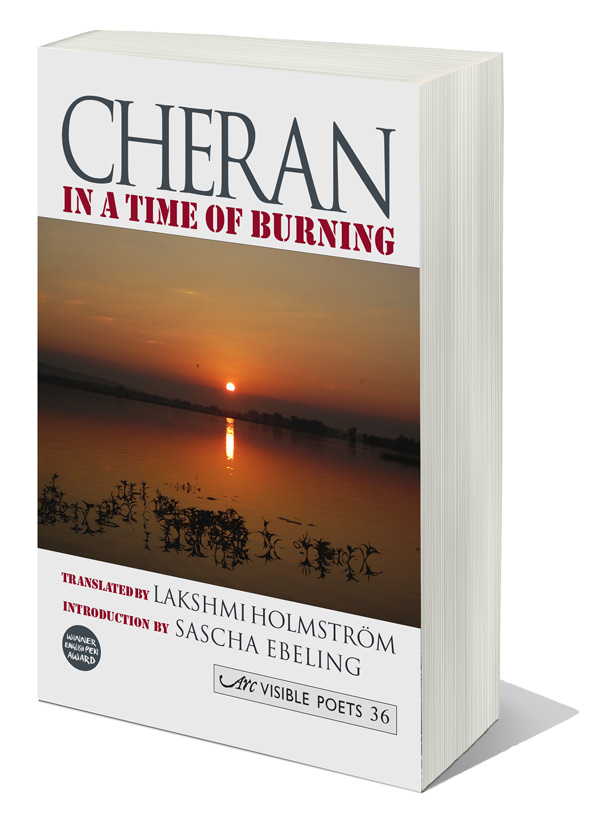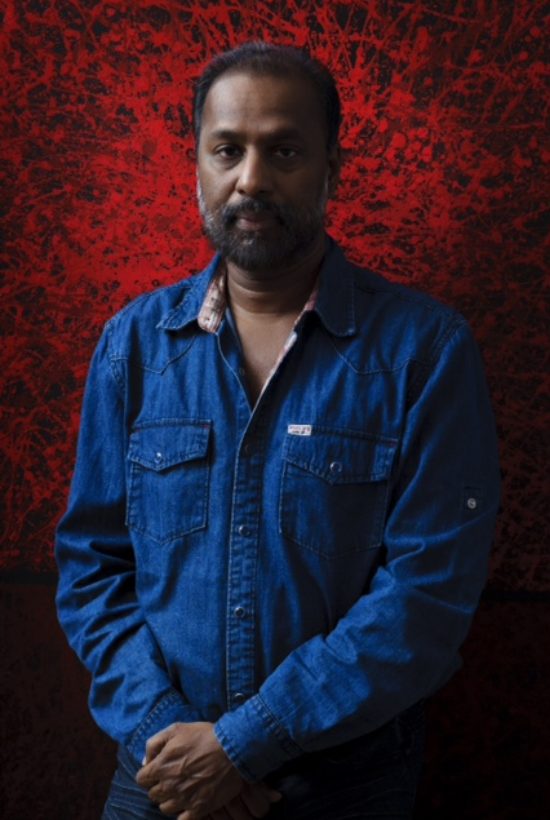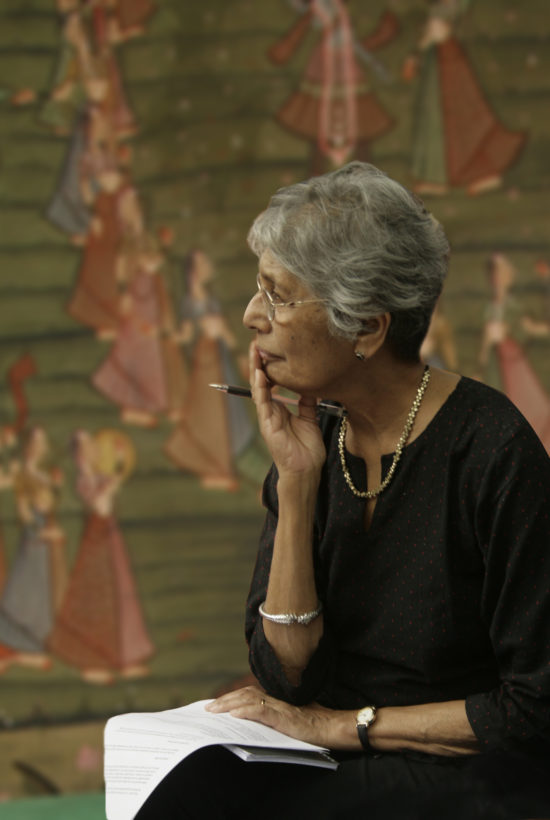
This selection of poems by Cheran, one of the most important poets writing in Tamil today, charts the civil war in Sri Lanka of more than three decades, and its aftermath, in a narrative set against a landscape once idyllic, now devastated. Yet this is not the only narrative in this book: woven throughout are love poems – which, even in his earliest work, are shadowed by uncertainty and loss – and poems about displacement, exile and the experience of diaspora.

